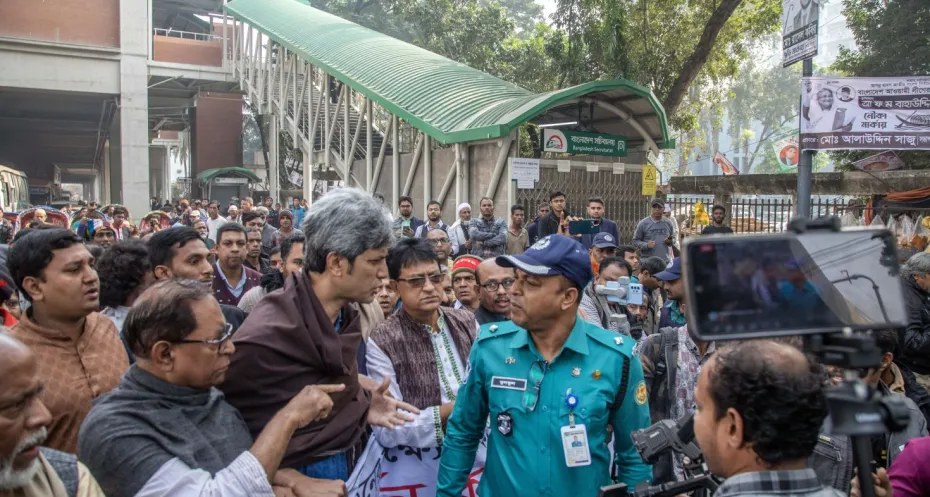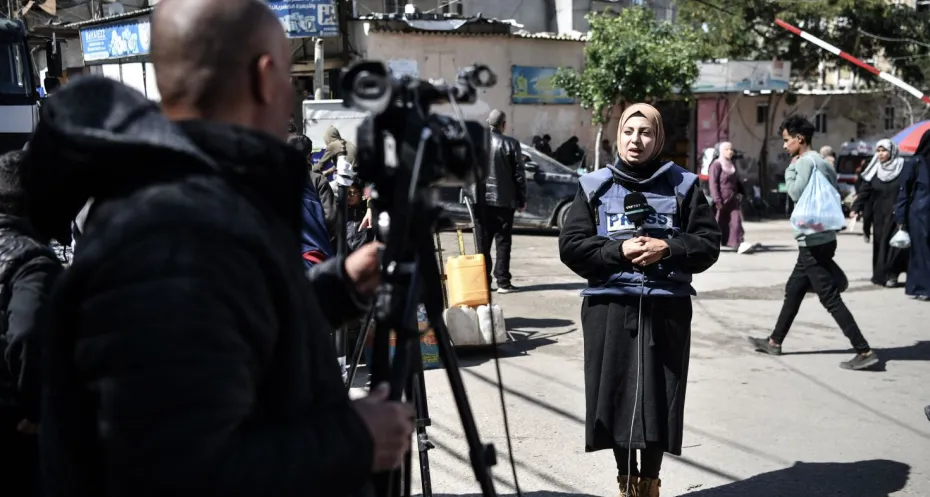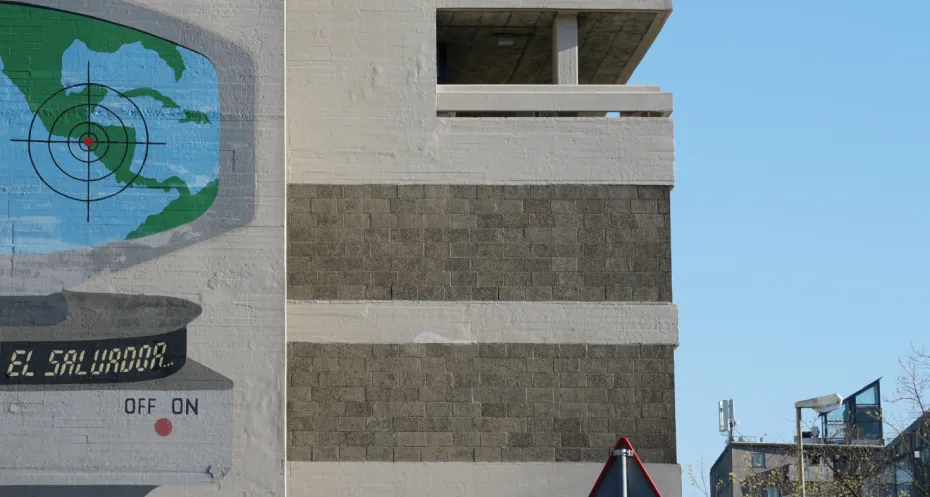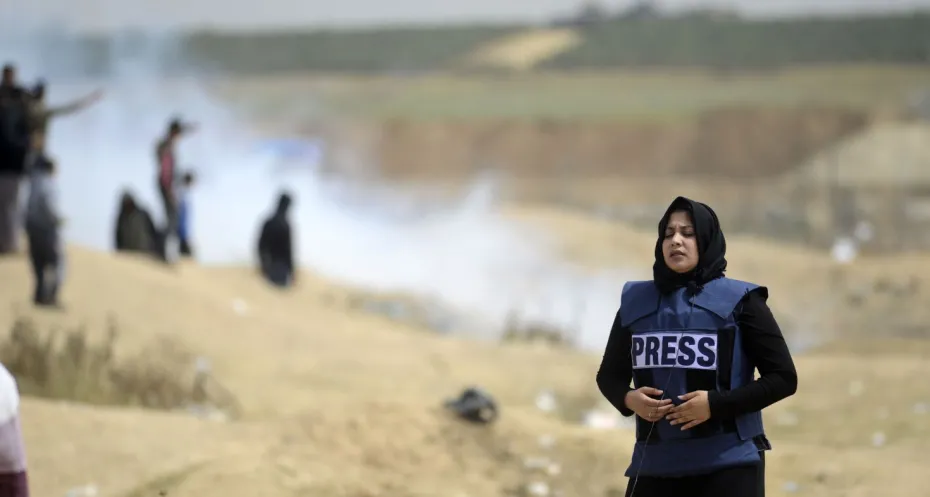Reporting on elections in Bangladesh extremely dangerous and difficult

This Sunday 7 January 2024, elections take place in Bangladesh. This has been preceeded by months of rallies erupting into violence by supporters of both the opposition and ruling parties. Many opposition leaders have been detained. Journalists find themselves being a target of both sides, with several of them experiencing attacks while trying to report on the situation.
The Awami League party, lead by Prime Minister Sheikh Hasina, has been ruling Bangladesh consecutiveley since 2009 and is almost certain to start their fourth straight term after the coming elections. Opposition parties, with the biggest one being the Bangladesh Nationalist Party (BNP), and its allies say they have no faith that Prime Minister Sheikh Hasina will hold a free and fair election and are boycotting the poll, resulting in all candidates on the ballot being from the Awami League, its allies or independents.
Journalists in Bangladesh try their best to report on the events and provide people with reliable information, but the context is dangerous and difficult. One of our contacts on the ground shares: “The sad reality is that journalists being attacked and injured in demonstrations is a common scenario now. But I cannot take a break, I feel I have a responsibility as a journalist, as a Bangladeshi.”
Physical safety risks
Journalists risk violent attacks while doing their work. In October, it was reported that at least 27 journalists covering rallies in the capital of Dhaka were attacked by supporters of the Bangladesh Nationalist Party and the Awami League party, as well as police. This got worse leading up to the elections. In the weeks before Christmas, especially in November, political tensions led to more violent protests. We saw an increase in physical violence against journalists in Bangladesh and also against family members of exiled Bangladeshi journalists, as a way of intimidation and control. This resulted in more requests for support to our emergency fund Reporters Respond.
Our work
Free Press Unlimited works together with ARTICLE19 to improve safety of journalists in Bangladesh. We are in close contact with our colleagues from ARTICLE19 in Bangladesh, who could not go to the office for some weeks in November because of severe physical safety risks. Due to these risks we had to suspend activities, which we will hopefully resume as soon as possible. Until then Reporters Respond stands ready to support wherever possible.
Our contact in Bangladesh shares that at this moment, two days before the election, the situation seems a little calmer: “Right now there are few demonstrations, as no genuine opposition is participating in the election anymore.” We will closely monitor how the situation will unfold during and after the elections, and do our best to support our partners and improve the access to reliable information for the people in Bangladesh.



